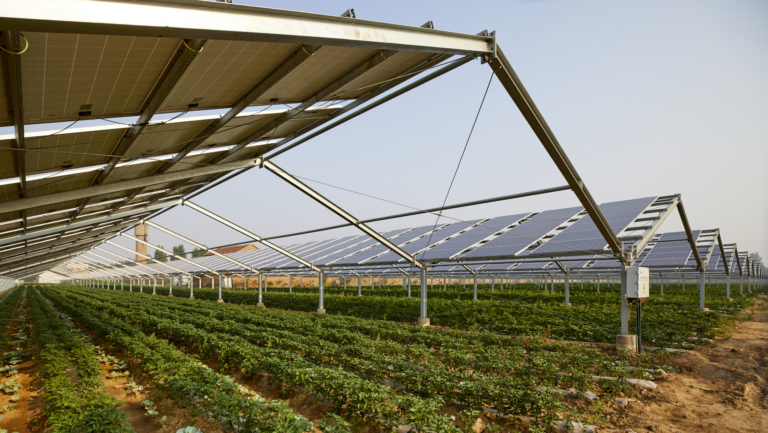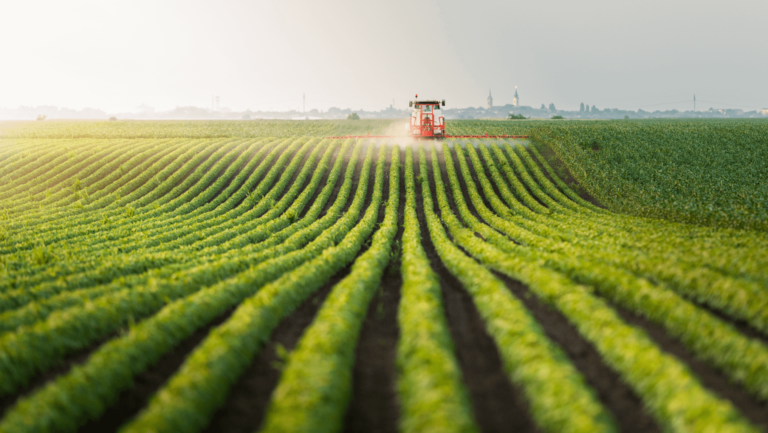U.S., Chinese Tariffs May Impact American Farmers
Learn more about how tariffs could impact the nation’s farm economy
In March 2018, President Donald Trump announced the imposition of tariffs on imports of steel and aluminum – 25 percent on all steel imports, and 10 percent on aluminum with exemptions for Canada and Mexico – which is eliciting questions and concerns across the world, particularly in the U.S. agriculture community.
A Trade War May Be Underway
Due to the new tariffs, many economists are predicting a trade war, or a situation in which countries try to damage each other’s trade.
China, home to the world’s second-largest economy, is already retaliating against the U.S. President Trump’s steel and aluminum tariffs will impact approximately $60 billion worth of Chinese-made goods, and in response, the Chinese government announced they are imposing an additional 15-20 percent tariff on 128 U.S. imported products. This includes fresh fruits, dried fruits, nuts, pork, wine, and ginseng.
In response to China’s tariffs, President Trump’s proposed further tariffs on an additional $50 billion of Chinese goods, which has prompted the Chinese to propose an additional 25 percent tariff on soybeans, whiskey, and other U.S. products.
Potential Impact to the U.S. Agriculture Industry
Although it’s too soon to know exactly how these tariffs and the potential trade war will impact any particular sector, the U.S. agriculture industry is apprehensive about what’s to come.
In theory, President Trump’s tariffs will help boost the U.S. economy. For example, companies will likely purchase steel and aluminum locally rather than from international sources. However, prices for these products will almost certainly increase due to the heightened demand, meaning U.S. companies that use steel and aluminum, including many farmers and businesses that produce farm machinery, may see their costs rise and profits decline.
The increased Chinese tariffs are also cause for concern. Most of American-grown ginseng is imported to China, and according to Modern Farmer, “a tariff could cripple the American ginseng industry.” U.S. pork producers will likely take a hit, too, which could create a ripple effect into corn and soybean production. That’s because most corn and soybeans grown in the U.S. stay in the country and are used to feed farm animals, including hogs. Gary Asay, a hog, corn, and soybean farmer with an operation near Osco, Illinois, points out, fewer hogs to feed means less of those crops will be needed.
Farmers who depend on soybean exports to China are also concerned. CNBC reports that most of the U.S. agribusiness trade to China currently involves soybeans. In 2017, the U.S. sold approximately 33 million tons of soybeans to China, or nearly one-third of the beans imported by the country. That’s about $14 billion worth of American soybeans. If China reduces agricultural exports, experts say it could impact the U.S. agricultural economy in a big way, reducing farmers’ profits and making them more willing to cut back on expenses – and in turn impacting other sectors.






